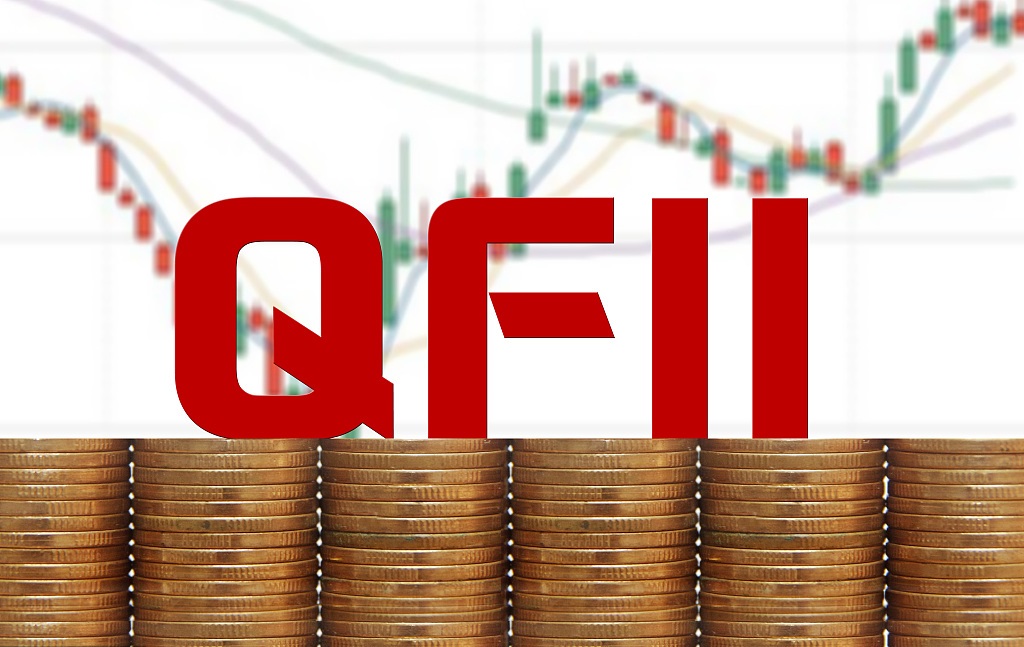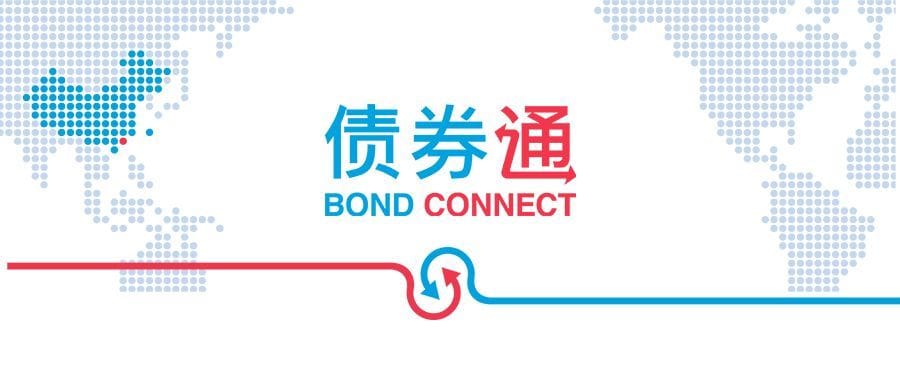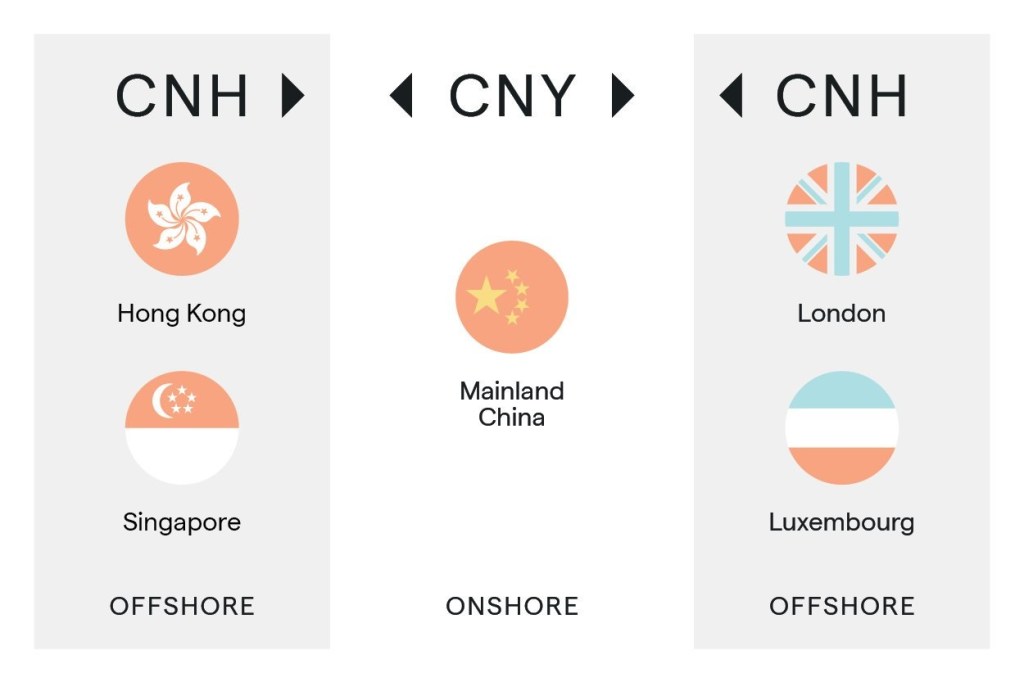Direct Investment in China
Direct Investment in China
China Bond Direct Investment via QFII & BOND CONNECT

- Launched in 2002 by the Chinese government, the Qualified Foreign Institutional Investor (QFII) program allows certain licensed international investors the opportunity to invest in China’s stock exchanges.
- The QFII program allows foreign institutional investors to buy and sell yuan-denominated “A” shares of Chinese companies.
- A similar program to QFII, the Renminbi Qualified Foreign Institutional Investor (RQFII) program imposes fewer restrictions on overseas investors and makes it easier for direct investment in China’s domestic capital markets.
Bond Connect offers offshore investors the access to all Cash Bonds in CIBM, for example, all types of rates or high yield bond.
Credit | |
|---|---|
|
|

Difference: Onshore RMB Bond & Offshore RMB Bond

Although many investors have invested in China bonds, they generally buy offshore RMB bonds and denominated in U.S. dollars. How is this different from onshore RMB bonds? It turns out that the market value of the offshore Chinese bond market is only 5% of the onshore market, which means that the onshore Chinese bond market is twenty times larger than the offshore market.
At the same time, the main buyers in the onshore market are local Chinese and the buyers in the offshore market are foreigners. The mentality and investment behavior of the two investors are very different. Therefore, for the same Chinese bonds, the scale of the onshore and offshore markets is different, and the participants are also different. Therefore, the trend is not highly correlated. It can be regarded as two products with different properties and trends. It is one of the channel to diversify investment.
